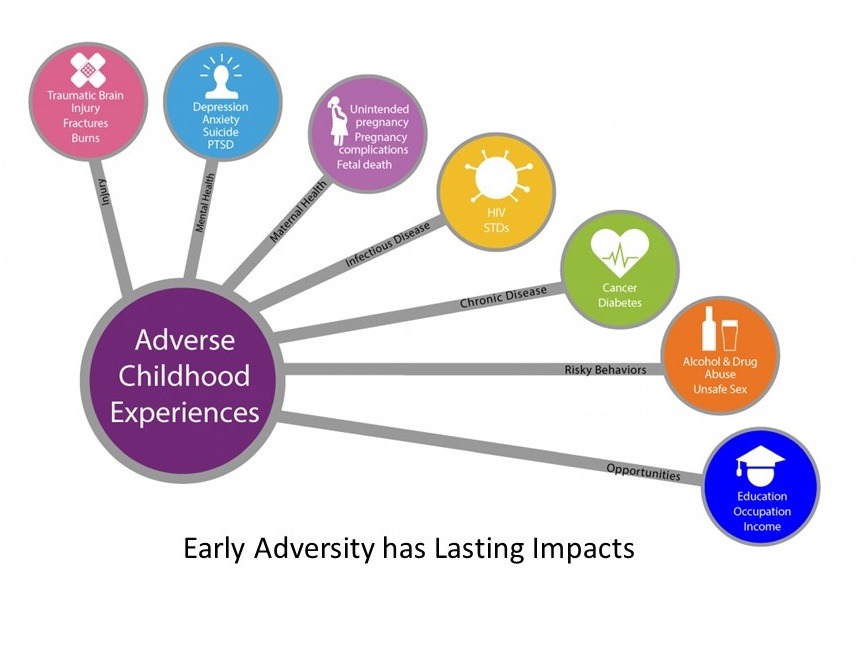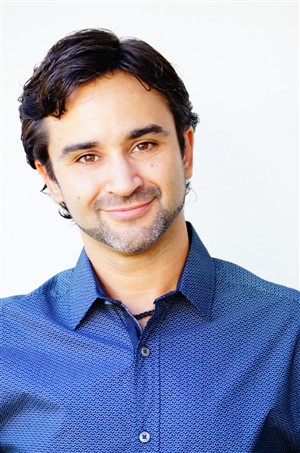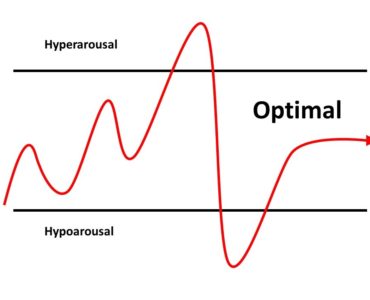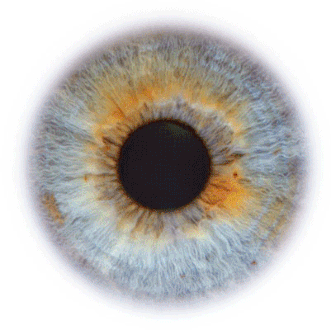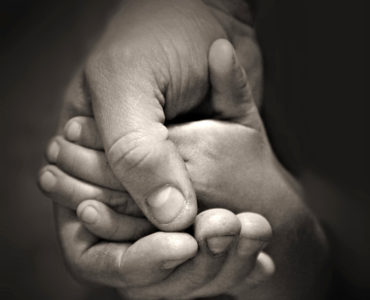Adverse Childhood Experiences (ACEs)
Overview
Adverse Childhood Experiences (ACEs) are traumatic events that happen early in life (childbirth to 18 years of age) that affect children while growing up, such as suffering maltreatment or living in a household affected by domestic violence, substance misuse or mental illness. Unlike single incident traumas, ACEs are often likely to last longer (or they may be repeated) and this can cause a child’s developing brain to become stuck in a physiological state of ‘threat’. When this happens, this stress may “toxic” to their psychological and emotional development, and in turn may affect their overall health.
Adverse Childhood Experiences (ACE) Study
The Adverse Childhood Experiences (ACE) Study (by the USA’s Centre for Disease Control & Intervention & Kaiser Permanente) is one of the world’s largest investigations of the effects of childhood abuse, neglect and household challenges on later-life health and well-being.
Completed in the late 1990s, 17,000 Kaiser patients completed a 10-question questionnaire (below) regarding their childhood experiences, and their current health status and lifestyle behaviours. Their answers were compared against their medical histories, and researchers were able to calculate with a high degree of accuracy, the relationship between ACEs and the likelihood of later medical issues.
Results from the study were shockingly clear: Early adversity can many have lasting impacts, including having a strong association with risky behaviours, susceptibility to mental health and chronic health conditions. Sadly, ACEs have a dose–response relationship, meaning the more ACEs an individual is exposed to, the greater the likelihood their health will be negatively impacted. However, keep in mind, that the people surveyed in the ACEs study, were not necessarily people who were actively engaged in treatment.
We know that the more ACEs children experience, the more harm they can sustain over time. In fact, we know that adults who have experiences one or more ACEs are at a higher risk for depression, diabetes, cancers, heart disease and other health conditions during their lifetime. For adults who have more than 4 ACEs and who have not received adequate therapy, this can negatively affect longevity through the role of unhelpful coping behaviours and negative lifestyle factors.
|
Examples of ACEs: |
ACEs can increase risk of: |
|
|
We now know that the more ACEs children experience, the more harm they can sustain over time. In fact, we know that adults who have experienced one or more ACEs as a child are at higher risk of depression, cancer, heart disease, diabetes and other health conditions during their lifetime. For adults who have experienced over four or more ACEs and who have not received adequate therapy, this can even negatively affect longevity through the role of unhelpful coping behaviours and negative lifestyle factors.
Unfortunately, Parents who have experienced ACEs and who have not developed adaptive ways to resolve the complex and challenging impacts of these experiences, or who may have not have developed adaptive ways of coping with stress, are (sadly) statistically more likely to create environments – or have lifestyles – that place their offspring at risk of experiencing ACEs themselves. Often, this is how the cycle of inter-generational trauma continues.
Below is an animation illustrating how ACEs develop and may be passed on intergenerationally:
The ACE Questionnaire:
To determine someone’s ACEs score, they answer the 10 Adverse Childhood Experiences questions relating to events prior to their eighteenth birthday:
-
Did a parent or other adult in the household often or very often… Swear at you, insult you, put you down, or humiliate you? or act in a way that made you afraid that you might be physically hurt?
-
Did a parent or other adult in the household often or very often… Push, grab, slap, or throw something at you? or Ever hit you so hard that you had marks or were injured?
-
Did an adult or person at least 5 years older than you ever… Touch or fondle you or have you touch their body in a sexual way? or Attempt or actually have oral, anal, or vaginal intercourse with you?
-
Did you often or very often feel that … No one in your family loved you or thought you were important or special? or Your family didn’t look out for each other, feel close to each other, or support each other?
-
Did you often or very often feel that … You didn’t have enough to eat, had to wear dirty clothes, and had no one to protect you? or Your parents were too drunk or high to take care of you or take you to the doctor if you needed it?
-
Were your parents ever separated or divorced?
-
Was your parent or caretaker: Often or very often pushed, grabbed, slapped, or had something thrown at her? or Sometimes, often, or very often kicked, bitten, hit with a fist, or hit with something hard? or Ever repeatedly hit over at least a few minutes or threatened with a gun or knife?
-
Did you live with anyone who was a problem drinker or alcoholic, or who used street drugs?
-
Was a household member depressed or mentally ill, or did a household member attempt suicide?
-
Did a household member go to prison?
Toxic Stress and ACEs
In addition to the hugely influential nature of the Attachment relationship between a parent and a child, ongoing adverse experiences (such as those listed above) can cause toxic levels of stress that sadly can negatively impact on both brain structure (i.e., the development of neural networks) and brain function (i.e., can alter a developing brain’s biochemistry and thus response to input).
Toxic stress happens when ACEs repeatedly trigger a child’s fight-flight-freeze system (our innate stress response governed by our sympathetic nervous system). It also occurs when emotions associated with coping (like anger, fear, frustration, shame, humiliation, anxiety) continue to trigger a stress response in the body and mind. This is commonplace in families where children are either punished for their emotional experiences, or parents who may lack the skills / awareness to navigate certain emotions themselves miss opportunities (cues) to settle and soothe their children.
With repeated exposure to high levels of stress (particularly in the absence of attachment safety), the accumulation of toxic stress can affect both skill and brain development. Living an a heightened state characteristic of perpetual fear (or the need to ensure safety) can effectively narrow our Window of Tolerance making us susceptible to chronic health conditions.
Hopefully it is becoming clearer to you that the devastating impact of toxic stress on a developing brain (and the resulting emotion-regulation and skill deficits people are left with) is not the fault of the individual. Rather, it is the outcome of not having a safe and secure development. This results in a child missing many important skills and experiences that build resilience, or a child’s brain being negatively affected in ways that can become pervasive in later life.
As we develop, particularly in the absence of supportive caregivers or healthy role models, toxic stress may also lead to less-than-ideal coping behaviours that may negatively affect our health. Over time and into adulthood, these coping behaviours can in turn cause health effects that can accumulate across a lifetime.
Summary of Key Findings from 17,000+ patients in the CDC-Kaiser Study
Due to the now well-documented effects of long-term toxic stress, the higher your ACE score the more likely you are to emerge from childhood with emotional and/or behavioural difficulties that can affect the rest of your life. In other words, the higher your ACE score the higher your statistical chance of suffering from a range of psychological and medical problems like chronic depression, cancer, or coronary heart disease.
Key findings from the ACEs study are summarized below:
The original study us available in full (via an external link) here.
Alarmingly, we now know that people who do not heal from their traumas are more likely to raise children who go on to have high ACE scores. In other words,
Untreated childhood trauma becomes a source of Intergenerational Trauma
Thankfully, although the effects of toxic stress can be profound, they can be significantly lessened by protective factors that build resilience and can buffer the effects of trauma. We know that safe, stable, and nurturing relationships can protect our brains and bodies from the harmful effects of stress and adversity.
We also know that healthy nutrition, regular exercise, restful sleep, practicing mindfulness, building social connections, and getting mental health support can all help decrease toxic stress hormones associated with ACEs and can improve health.
10 Important Things to Know About Adverse Childhood Experiences
Below is Part 1 of a hugely informative (but easy to follow) 5-Part video series by Dr. Colleen Bridger that explores the impacts of Adverse Childhood Experiences (ACEs) on a child’s developing brain and how trauma can influence both emotional and behavioural expression.
It presents eye-opening examples of ways trauma can shut down (or can activate) a child’s nervous system and how behavioural problems in children can be easily mistaken (and misdiagnosed) particularly when a narrow symptom-focus that overlooks the impacts of ACEs is used.
Click the following links for the remaining parts to this talk: Part 2 | Part 3 | Part 4 | Part 5.
Problems with ACEs Study: Correlation is NOT Causal
The ACEs Study is essentially a ‘snapshot’ of people who had adverse childhood experiences and where they were at later in their lives. It is not possible to infer direct causation from this research (i.e., it is an over simplification to say ‘ACEs cause later difficulties’). Similarly, the Study did not look at whether or not participants had received any treatment for their traumas (or what kind). We know that trauma-informed therapies (like EMDR Therapy) can greatly help people to ‘get past their past’ which is especially important for people who are affected by ACEs.
Also, keep in mind that ACE Questionnaire is very brief and it is not exhaustive (after all, it is only 10 questions…). Because of this, it does not list all possible adverse events that can happen within a family situation. We also know that Attachment issues between a parent and a child can also have a huge impact on the emotional development and learning that a child can carry with them through adulthood. Equally – so too can events that occur outside the home (e.g. bullying at school).
However – and this is important – the ACE questions do not ask about any protective factors. For example, we know that having a healthy relationship with at least one caring adult or parent, who is emotionally attuned to your emotional and developmental needs can make up for a non-secure (or absent, or abusive) relationship with another caregiver / parent.
Indeed, not everyone who experiences one or more ACEs will go on to developing a serious mental health or medical issue. In fact, many adults who experience significant adversity in their childhood have gone on to have amazing lives full of adventures, achievements, and happy relationships and families. This is because although the effects of toxic stress can be profound, they can be significantly lessened by protective factors that build resilience and can buffer the effects of trauma.
Again, we know that these adults have identified that this resilience was helped by having at least one healthy, safe, caring relationship in their life. This is because safe, stable, and nurturing relationships can protect our brains and bodies from the harmful effects of stress and adversity.
A safe, stable, and nurturing relationship can come from a number of different people – for instance, a different parent, sibling, relative, teacher, mentor, therapist, or coach.
A safe, stable, and nurturing relationship for a developing child is:
An emotionally responsive and a supportive person in their life (Someone they can lean on)
Someone who views them as unique and interesting (Someone who is interested in them)
Someone who supports their ideas or dreams (Someone who believes in them)
If you are a survivor of childhood trauma, it is recommended that you find a trauma-informed psychologist who can provide a securely attached, emotionally corrective relationship in which you can process your past, learn the emotional regulation and relationship skills that you may have missed out on, so that you can learn to break the patterns of your upbringing.
Equally, if you are a parent who has experienced ACES or you are the parent of a child who has experienced ACEs, it is equally important to seek professional help to mitigate the effects of this trauma.
Summary
- Adverse Childhood Experiences (ACEs) are traumatic events that happen early in life (childbirth to 18 years of age), such as suffering maltreatment or living in a household affected by domestic violence, substance misuse or mental illness.
- ACEs may cause a child’s developing brain to become stuck in a physiological state of ‘threat’.
- This may affect a child’s brain development, and psychological functioning and this may influence lifestyle behaviours that affect overall long-term health.
- Parents who have experienced ACEs are (sadly) statistically more likely to create environments – or have lifestyles – that place their offspring at risk of experiencing ACEs themselves. Often, this is how the cycle of inter-generational trauma continues.
- ACEs are not causal (and the questionnaire does not measure ‘protective factors’)
- Although the effects of toxic stress can be profound, they can be significantly lessened by protectivefactors that build resilience and can buffer the effects of trauma.
- With the appropriate help, adults who experience significant adversity in their childhood can go on to have amazing lives full of adventures, achievements, and happy relationships and families.
- Safe, stable, and nurturing relationships can protect our brains and bodies from the harmful effects of stress and adversity.
- Healthy nutrition, regular exercise, restful sleep, practicing mindfulness, building social connections, and getting mental health support can also help decrease toxic stress hormones associated with ACEs and can improve health.
Further Resources:
- How childhood attachment experiences affect you and your relationships
- Emotion Regulation skills: Understanding your Window of Tolerance
- Your brain’s 3 Emotion Regulation Systems
- Getting Past Your Past with EMDR Therapy
- Fears, blocks and resistances to Self-Compassion
- To view all articles I have written
